
[Part I of II.]
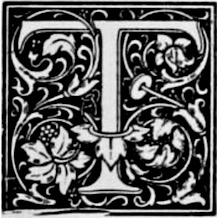
HE other day I was riding in a street car in New York behind two well dressed men deep in their daily papers. Their comments on some of the dispatches about the railroad strike reminded me more of James Whitcomb Riley’s refrain: “The goblins’ll get yer if yer don’t look out” than anything I had heard for a long time.
“I tell you, those I. W. W. fellows…one of them rumbled.
“It doesn’t say it’s proved yet they were around …” the other suggested timidly.
“Huh! Doesn’t need to!” the first shook his head ominously. “Nowadays a man takes his life in his hand wherever he goes. I believe in giving that kind of vermin a wide berth. I never saw one of them and I never want to!”
The next instant there was some sort of mix-up with a truck on the track and we all got a violent jolt. The speaker, who had risen in his seat to get off at the next corner, became rather badly tangled with some passengers across the aisle. I helped to disentangle them and he was at once all smiles and amiability—“Almost like one of our college football rushes,” he grinned, in the easy fellowship an earlier generation is apt to accord its successors on the same campus.
I should have liked to watch his face when I told him that I am a sincerely convinced, indelible I. W. W.; that I had just been released from Leavenworth prison on expiration of a five-year sentence under the 1918 Chicago indictment; and that I am now working with all the strength and ability I possess in the interest of my fifty-two fellow-workers, fellow-prisoners, still in Leavenworth, some with twenty-year sentences.
But “We’re late for that appointment,” his companion reminded him, and I missed my chance.
He will doubtless go on indefinitely repeating his “bogey-man” stuff about people whom he admits he has never seen and knows nothing of except by hearsay. I wonder how many people who read this have done exactly the same thing? And how long they are going to keep on doing it?
This is why, when I. W. W.’s are on trial, whether in courts or in newspapers, practically “everything goes.” But in all such movements, persecution only serves as propaganda, and weeds out the worthless material—those who “can’t stand the gaff” and go back on their principles—and shows the grain of the men who cannot be bribed or bought, who have the courage to stand by their convictions at whatever the cost.
There are fifty-two such men in Leavenworth today. Over two-thirds of them are American-born. They have been there since 1918, and most of them have ten- or twenty-year sentences. I know these men; and I want everyone else to know them. They are of the stuff that makes history, the sort of stuff that went to the making of our country in the beginning, and that is needed just as much right now, perhaps more, to keep our country true to its big ideals.
I am not going to try to give fifty-two full biographies (though I wish I could, for everyone of them is a story in itself—an almost unbelievable story!) but just a suggestion or a characteristic here and there of a few of the men. They are all very human, the same hopes and desires, the same flesh and blood we are all made of-fathers, husbands, brothers-it means as much to every one of them to stay there in prison year on year under those hideously monotonous, unsanitary, galling conditions, as it would to any of you who read these words. Try for one moment to realize what these things mean. Try honestly. And then try to understand what it means in terms of character for these men to stay there rather than to compromise.
NOT long ago the Rev. Richard W. Hogue, known doubtless to many [Survey] GRAPHIC readers as the international secretary of the Church League for Industrial Democracy, made a visit to Leavenworth, and James P. Thompson was one of the men with whom he talked.
“How can we, how can any decent, self-respecting man,” Thompson said to him, “buy his release at the cost of his manhood, by promising to refrain ever after from expressing his convictions and standing by his principles? It would be degrading and dishonest for us to accept ‘parole’ on the terms on which it has been offered us. We will go out of here as men, when we do go, not as ‘criminals’ purchasing ‘liberty’ with the barter of our convictions and our consciences. When we leave this place it will be with our heads up…”
Continue reading “Hellraisers Journal: “The Men I Left at Leavenworth” by Pierce C. Wetter (Formerly Class War Prisoner, Inmate 13179), Part I” →
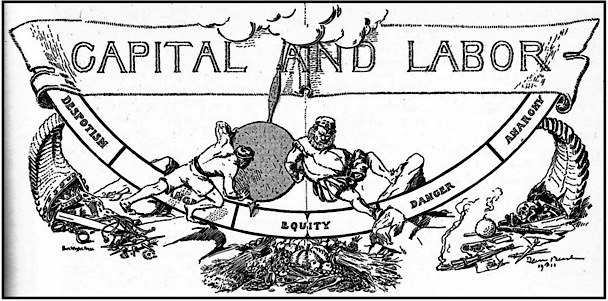

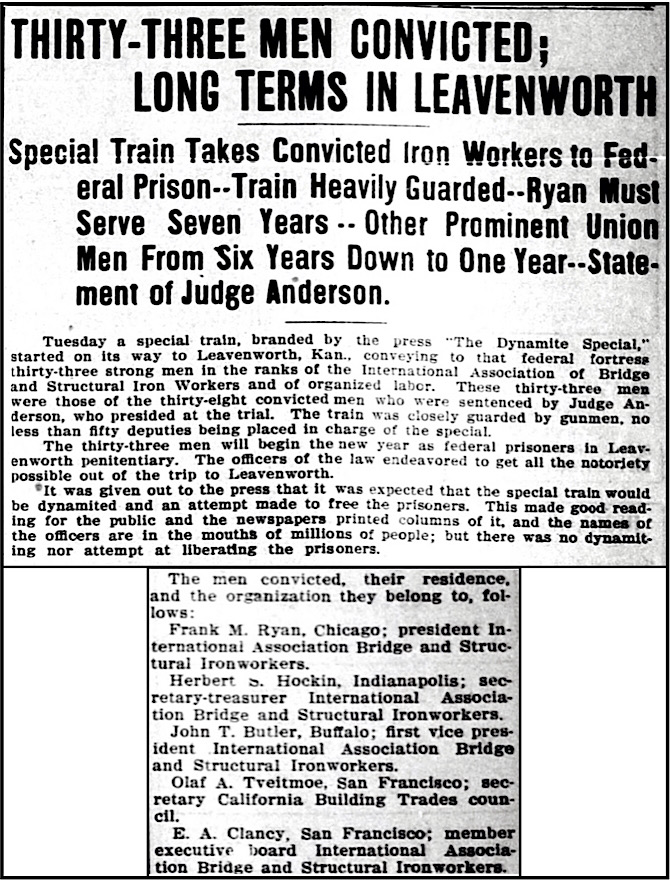
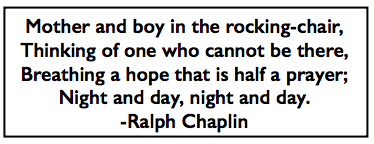 —————
—————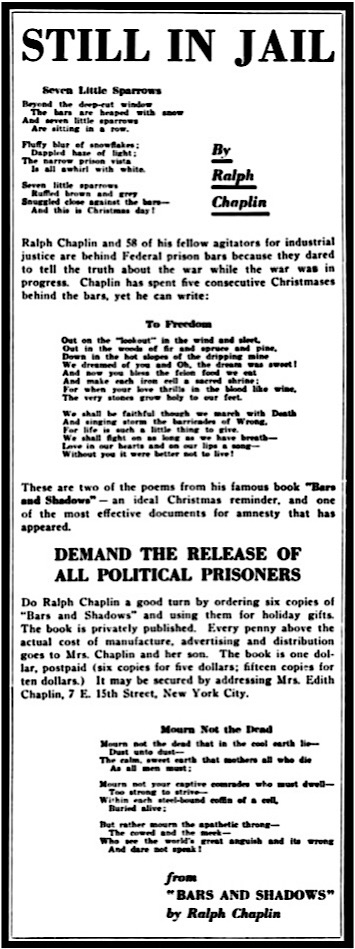
 —————
—————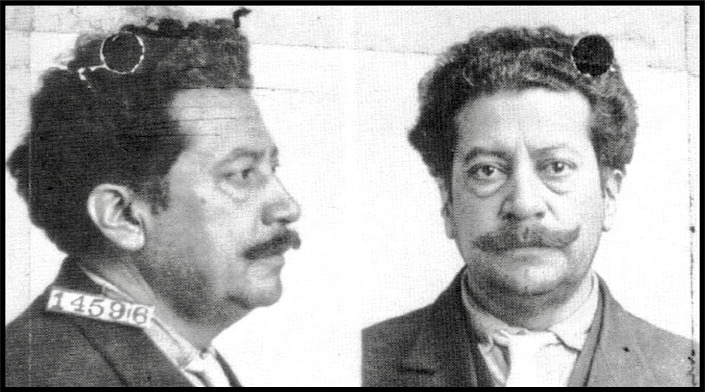
 —————
—————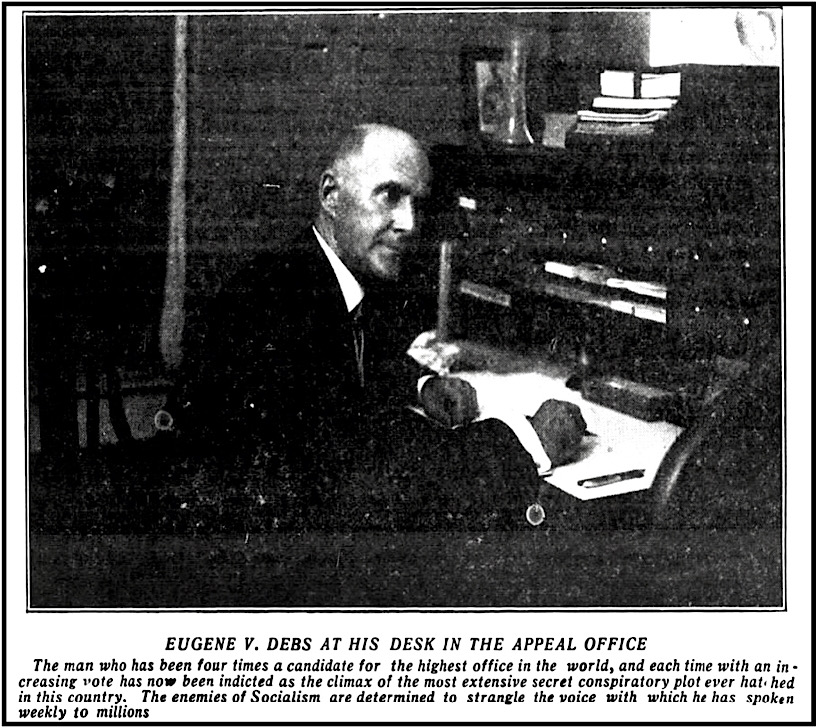
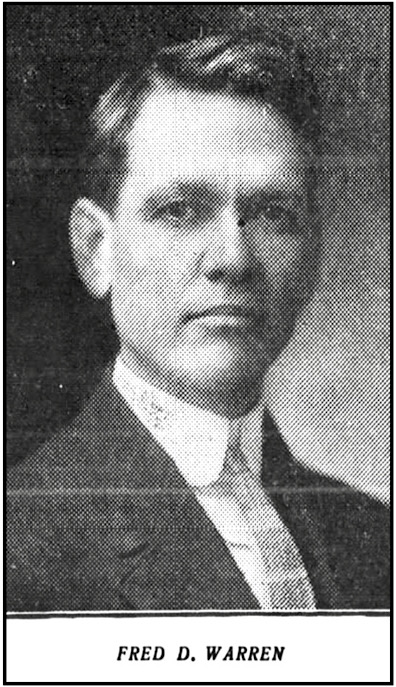
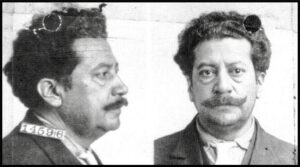
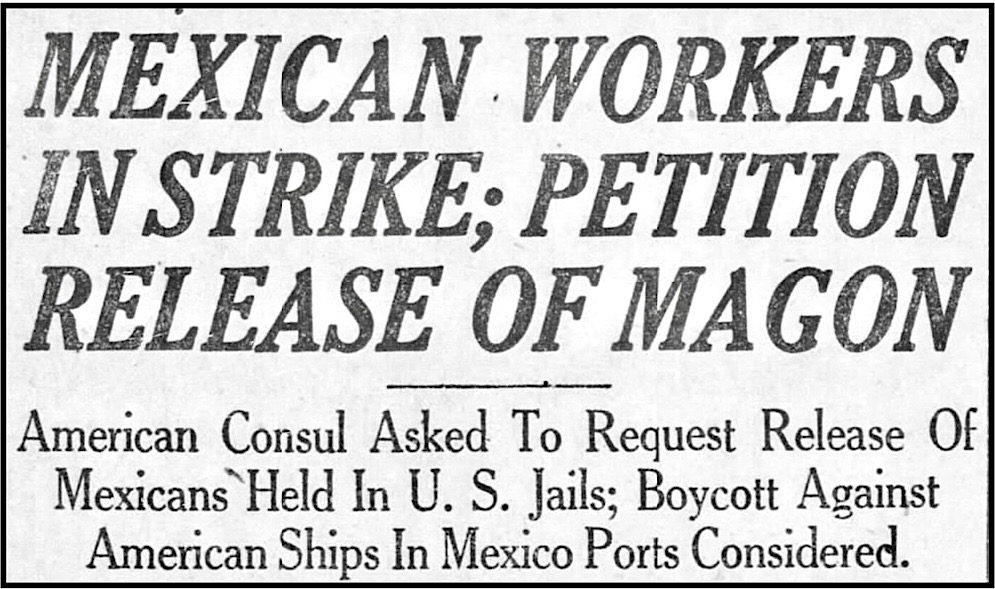
 —————
—————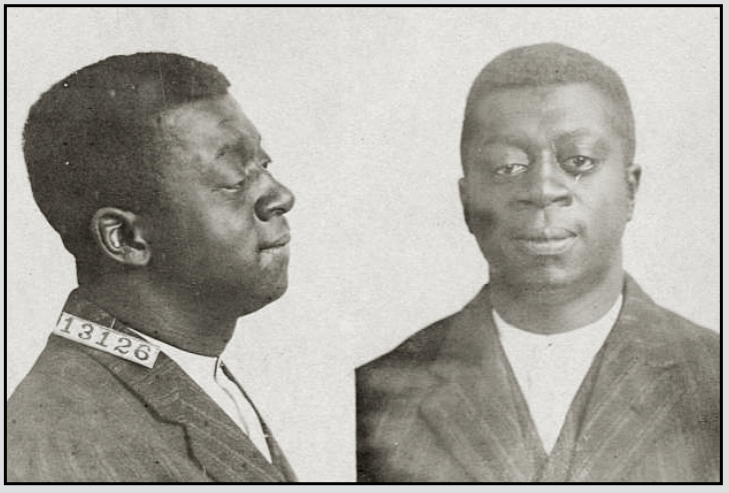
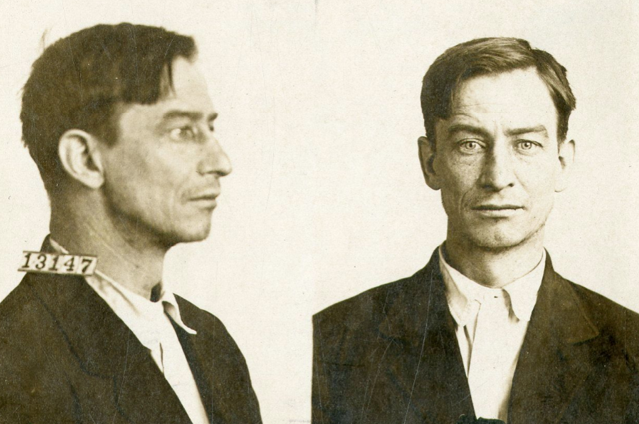 Fellow Worker John Walsh
Fellow Worker John Walsh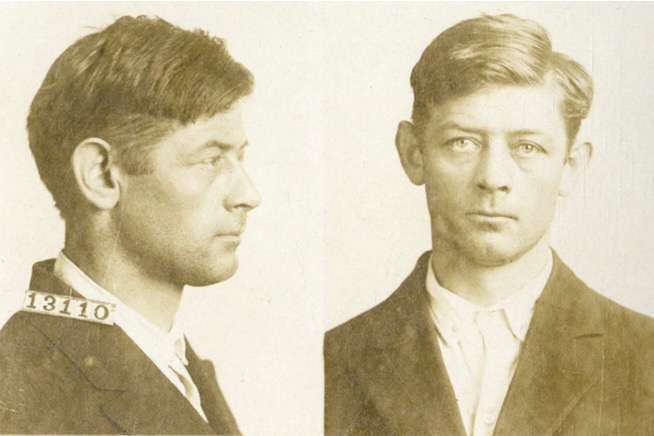 Fellow Worker Walter T. Nef
Fellow Worker Walter T. Nef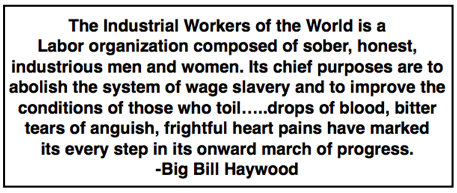 —————
—————
 wo of our men-Caesar Tabib and Edward Quigley—are suffering from tuberculosis aggravated if not contracted in the Sacramento jail where they spent a year before they were brought to trial. Because of their physical condition, these two men were prevailed on by the rest of us to make application for release, for “clemency,” but their application was coldly refused by the Department of Justice. Apparently they are not yet near enough to death to make it “safe” to release them.
wo of our men-Caesar Tabib and Edward Quigley—are suffering from tuberculosis aggravated if not contracted in the Sacramento jail where they spent a year before they were brought to trial. Because of their physical condition, these two men were prevailed on by the rest of us to make application for release, for “clemency,” but their application was coldly refused by the Department of Justice. Apparently they are not yet near enough to death to make it “safe” to release them.